
The International Maritime Organization's (IMO) 78th Marine Environment Protection Committee (MEPC) has approved draft amendments to MARPOL Annex VI to designate the Emission Control Area (ECA) for sulphur oxides (SOx) and particulate matter for the Mediterranean Sea, with a view to adoption at MEPC 79 towards the end of the year.
The latest development follows December's 22nd Meeting (COP 22) of the Contracting Parties to the Convention for the Protection of the Marine Environment and the Coastal Region of the Mediterranean (Barcelona Convention), where delegates agreed to adopt the decision on the designation of the Mediterranean SOx ECA, thus clearing the way for submission of a joint and coordinated proposal to last week's MEPC 78.
The Mediterranean Sea is one of the world's busiest shipping lanes. In 2019, it saw around 24 percent of the global fleet of ships and more than 17 percent of worldwide cruises.
Around 507m people in the Mediterranean region live in areas with air pollution at levels exceeding respective national ambient air quality standards, and/or levels which are unhealthy, according to the World Health Organization (WHO). As regards the number of deaths, more than 228,000 people are calculated to have died prematurely from exposure to air pollution in 2016, a State of the Environment and Development in the Mediterranean (SoED) report states.
Experience with ECAs implemented in Europe, North America and the US Caribbean area have already demonstrated local air quality improvements.
Work is also set to continue to further investigate nitrogen oxide (NOx) emissions for the future implementation of a combined SOx and NOx ECA in the Mediterranean.
The Med SOx ECA could come into force in January 2025, lowering the maximum sulphur content of marine fuel to 0.1 percent from the current global limit — implemented in January 2020 — of 0.5 percent.
Zero 2050 GHG target
Discussions on the revision of the existing IMO GHG target of 50 percent by 2050 (set in 2018) also took place during MEPC 78, with a general acceptance amongst member states that the shipping industry must achieve net zero or absolute zero GHGs by 2050 at the latest. Notably, there was support for a 50 percent reduction by 2030, which Dr Sian Prior, Lead Advisor to the Clean Arctic Alliance, contends is needed if we are to reach a trajectory that is in line with the Paris Agreement's goal of maintaining global heating below 1.5°C.
However, despite improved GHG ambitions, NGO Seas At Risk argues that total decarbonization of the maritime industry should instead be reached by 2040. The nonprofit commented: "States are now talking about ending ship climate emissions by 2050, but years of inaction mean that target is no longer good enough. A failure to act earlier means the shipping industry has already burnt a large part of its 1.5°C carbon budget. Talk of enhanced ambition is welcome but having failed to act earlier, the shipping industry must now halve its emissions by 2030 and decarbonise entirely by 2040, not 2050, to keep global heating below 1.5°C."
The Clean Arctic Alliance, which is made up of 20 NGOs, expressed "dismay over the IMO's failure to make progress" at MEPC 78. The polar coalition is demanding that the maritime sector raises the Carbon Intensity Indicator (CII) requirements to a 7 percent annual improvement in carbon intensity — applied to all ships — in order to keep shipping on a 1.5°C pathway.
It is also supporting deep mandatory cuts in emissions from ships operating in and near the Arctic to protect the region from "catastrophic climate impacts".
Investment and R&D fund
Meanwhile John Butler, President & CEO of the World Shipping Council, urged authorities to play a more important role in supporting the transition to zero emissions. He noted: "Container and vehicle carriers are already investing in the development of zero GHG technologies and are committed to enabling the industry's transition to zero. Governments need to take decisive action now to provide clear regulatory structures and market signals that drive investment and support ambitious front runners."
Also on the issue of zero-carbon investment, Guy Platten, Secretary General of the International Chamber of Shipping (ICS), was especially critical of the IMO's rejection of a proposed research and development fund at MEPC 78.
"By refusing to take forward the shipping industry's proposed research and development fund, the IMO has wasted its opportunity to kick[-]start a rapid transition to zero-carbon technologies which will be vital if we are to decarbonise completely by 2050. Despite the support of many IMO States, we have been frustrated by short-sighted political manoeuvring which has led to the proposal in effect being killed. The signal this sends means that the financial risk associated with green investment will remain high, slowing down efforts to switch to zero-carbon fuels as soon as possible," Platten remarked.
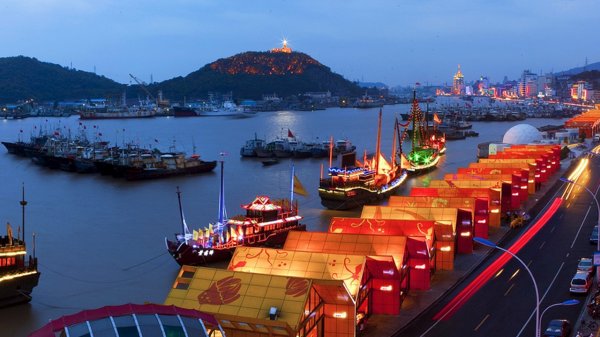
|
Zhoushan becomes world's third-largest bunker port
Chinese refuelling hub overtakes Antwerp-Bruges and Fujairah to take third place in 2025. |
|
|
|
||
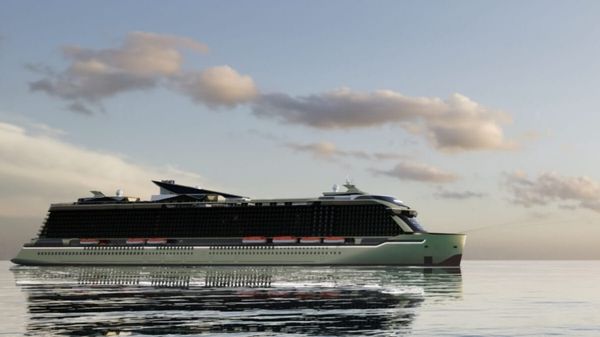
|
Meyer Turku completes net-zero cruise ship concept with 90% emissions cut
Finnish shipbuilder’s AVATAR project vessel design exceeds IMO targets using technologies expected by 2030. |
|
|
|
||
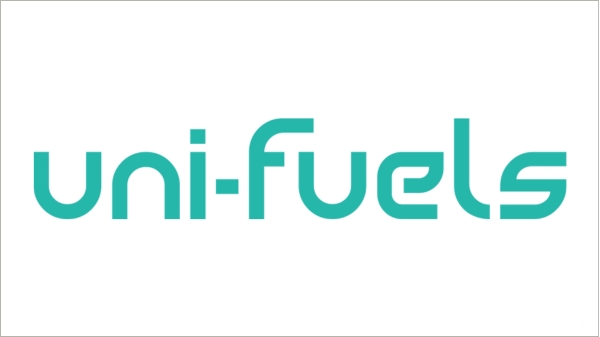
|
Uni-Fuels renews ISCC certification after first biofuel delivery
Singapore-based marine fuel supplier completes inaugural ISCC-certified biofuel delivery, supporting EU regulatory compliance. |
|
|
|
||
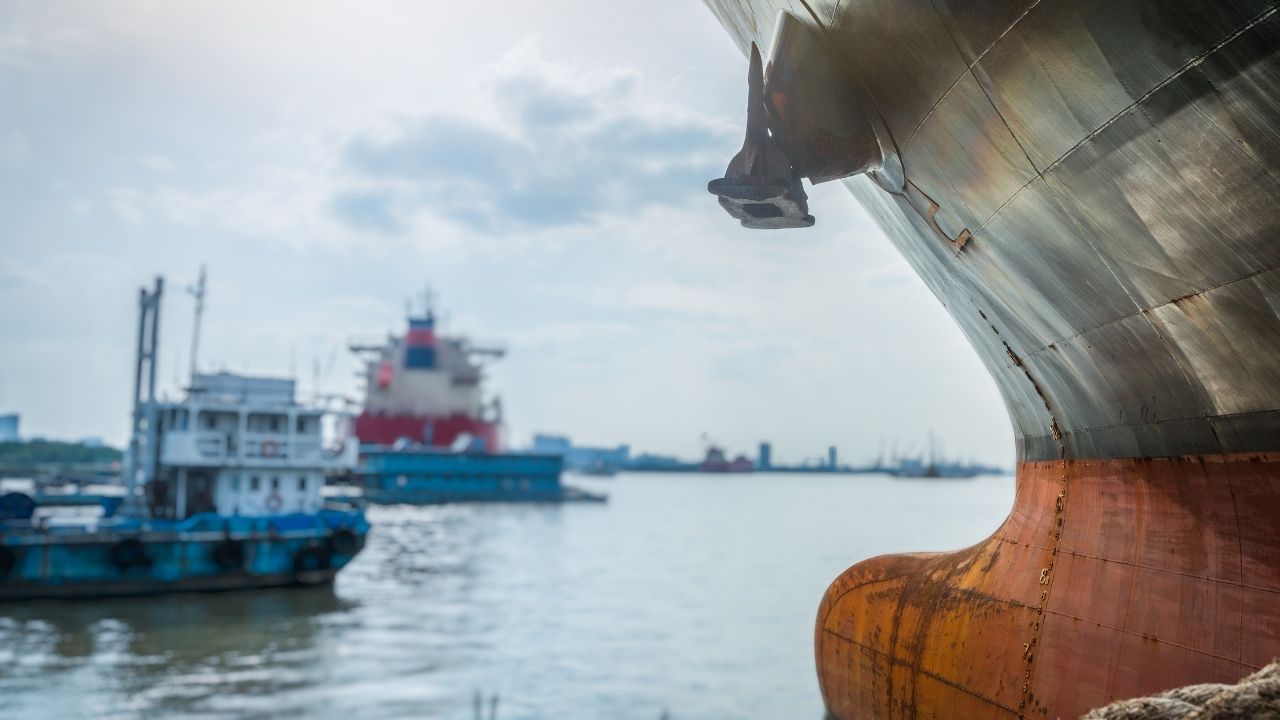
|
Iberian Peninsula poised to overtake the Netherlands as Europe’s top LNG bunkering hub
Spanish and Portuguese ports quadrupled ship-to-ship LNG supply in two years, data shows. |
|
|
|
||
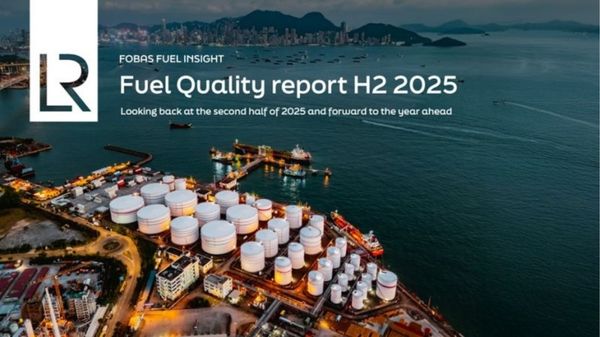
|
Lloyd’s Register reports sharp rise in marine fuel quality failures in late 2025
December recorded the highest monthly off-specification cases, driven by sulphur, catalytic fines and flash point issues. |
|
|
|
||
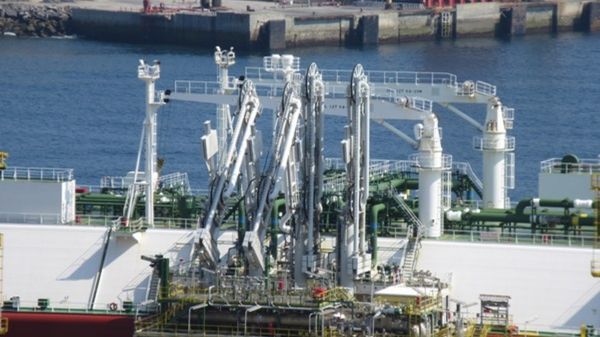
|
Bahía de Bizkaia Gas launches bio-LNG loading service after ISCC certification
Spanish regasification terminal begins offering renewable fuel loading for trucks and vessels in January 2026. |
|
|
|
||
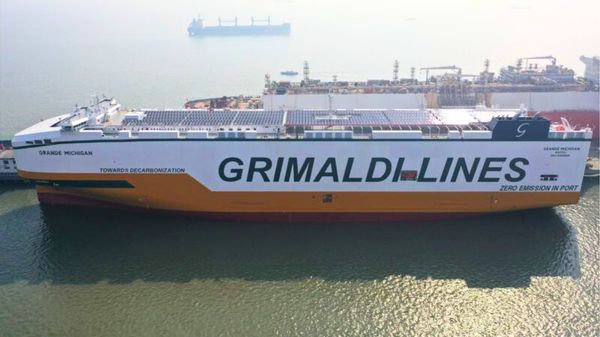
|
Grimaldi takes delivery of eighth ammonia-ready car carrier Grande Michigan
The 9,000-ceu vessel features 50% lower fuel consumption and 5 MWh battery capacity. |
|
|
|
||
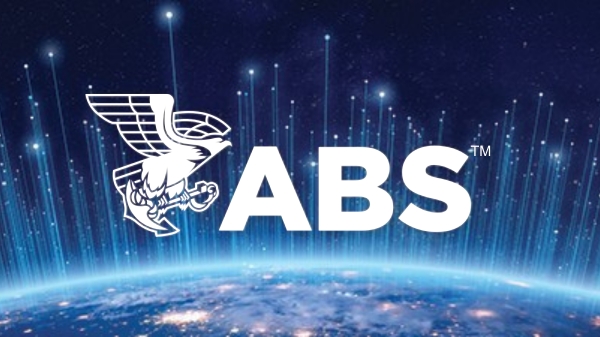
|
ABS consortium delivers ammonia fuel safety report for EMSA
Report expands on IMO interim guidelines and highlights need for comprehensive understanding of ammonia properties. |
|
|
|
||
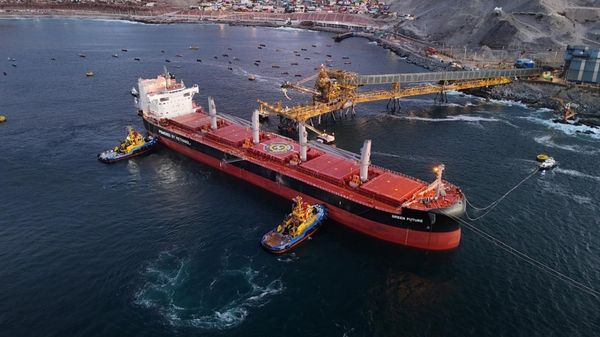
|
NYK operates methanol-fuelled bulk carrier for BHP, claims 65% emissions cut
Green Future becomes first oceangoing bulk carrier to use low-carbon methanol fuel. |
|
|
|
||
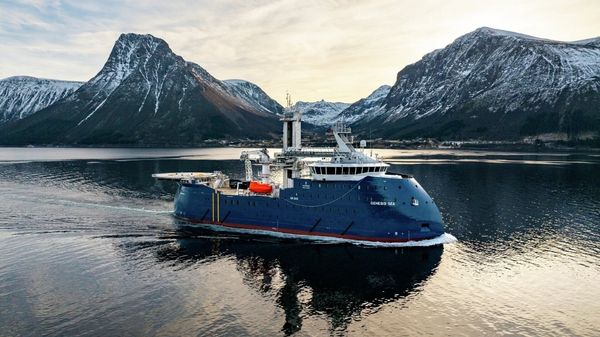
|
Ulstein Verft completes sea trials for Genesis Sea CSOV ahead of spring delivery
The 89.6-metre vessel features hybrid battery propulsion and preparations for green methanol operation. |
|
|
|
||
| Delta Energy launches carbon credit desk for bunkers and cargoes [News & Insights] |
| Gasum commits to making biogas from ship wastewater [News & Insights] |
| GoodFuels and Itochu sign APAC biofuel accord [News & Insights] |